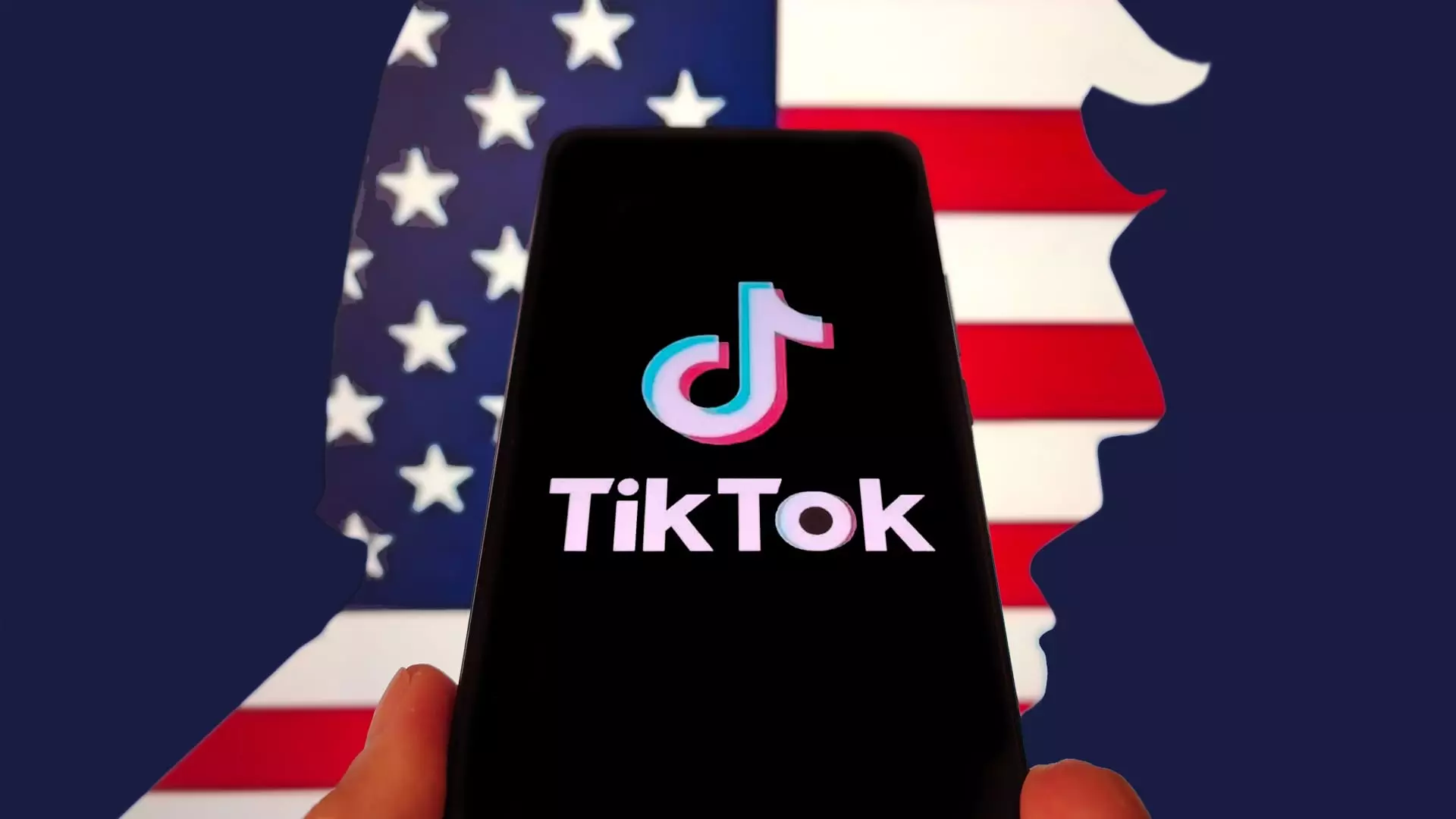In an era where technology reigns supreme, the balancing act between innovation and national security has become increasingly fraught. Apple’s decision to retain TikTok on its App Store after receiving assurances from Attorney General Pam Bondi is much more than a mere transaction; it reflects a broader narrative at play in the geopolitics of the digital age. By allowing ByteDance’s popular platform to remain accessible, Apple is caught in a web that raises questions about its commitment to safeguarding user data while appeasing governmental pressures.
TikTok: A Pawn in a Bigger Game
TikTok’s status in the United States embodies a pawn in a much grander chess match between the U.S. and China. The constant shifting of deadlines and the looming threat of bans highlight the fragility of reliance on foreign apps that are so deeply woven into the fabric of American culture. The executive order signed by President Trump is particularly revealing when juxtaposed with the Biden administration’s policies. The expectation that ByteDance divest its American operations by April 2024 could have lasting consequences, influencing how tech companies operating within the U.S. should navigate international waters.
Corporate Compliance: A Double-Edged Sword
Apple’s maneuvering could be interpreted through various lenses. Some see it as a prudent business decision, while others view it as a capitulation to political interests. The assurance letter from Bondi underscores the department’s stance on national security concerns while simultaneously signifying a degree of leniency towards one of the largest tech corporations in the world. This relationship raises fundamental questions: Are companies like Apple truly independent in their decision-making, or do they need to align with government agendas to maintain their market presence?
Economic Sanctions: The New Norm?
Trump’s announcement of a staggering 54% tariff on China further complicates the narrative. Here we see economic sanctions as tools not just against governments but increasingly against cultural practices and digital platforms. While the prospect of tariff reductions to expedite ByteDance’s sale of TikTok may sound pragmatic, it risks normalizing the idea that economic pressure can dictate access to technology. This creates a dangerous precedent that can influence the behavior of tech firms, incentivizing compliance over innovation.
The Ethical Quandary of Digital Divestiture
If TikTok is ultimately forced to sell its U.S. operations, what does that say about consumer choice? The app has garnered a staggering number of users and cultivated a unique digital culture. By prioritizing national security over market dynamics, policymakers could inadvertently stifle creativity and expression. This perspective lays bare the ethical dilemmas in the digital landscape—can we have a truly open internet if geopolitical tensions dictate what we can download?
In this rapidly evolving climate, Apple’s TikTok decision is a microcosm of the challenges that lie ahead in the intersection of tech and politics. The stakes are high, not just for companies but for the users who navigate this landscape. As we advance, one thing is certain: we must remain vigilant to ensure that the digital platforms we cherish aren’t merely pawned off in geopolitical negotiations.

